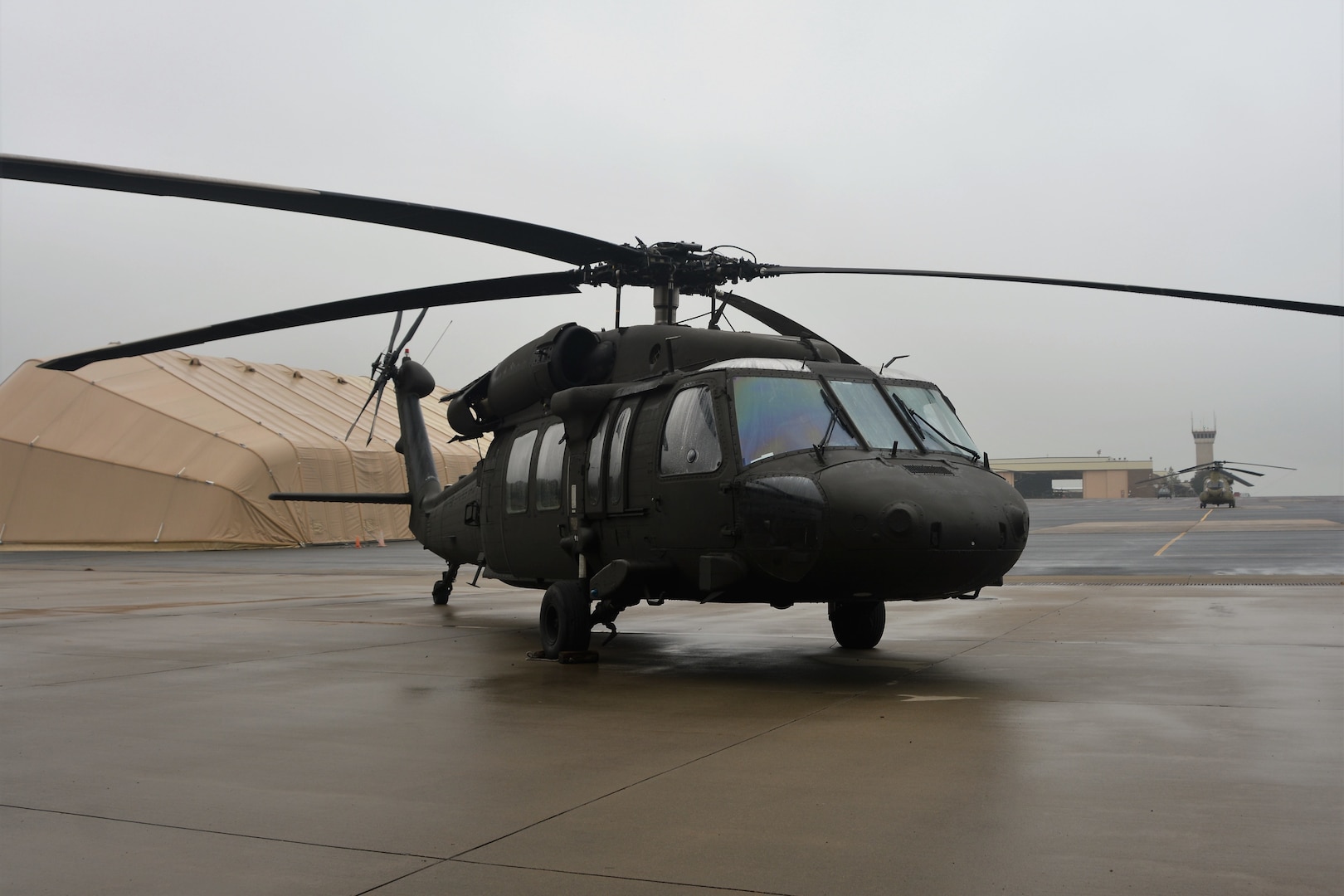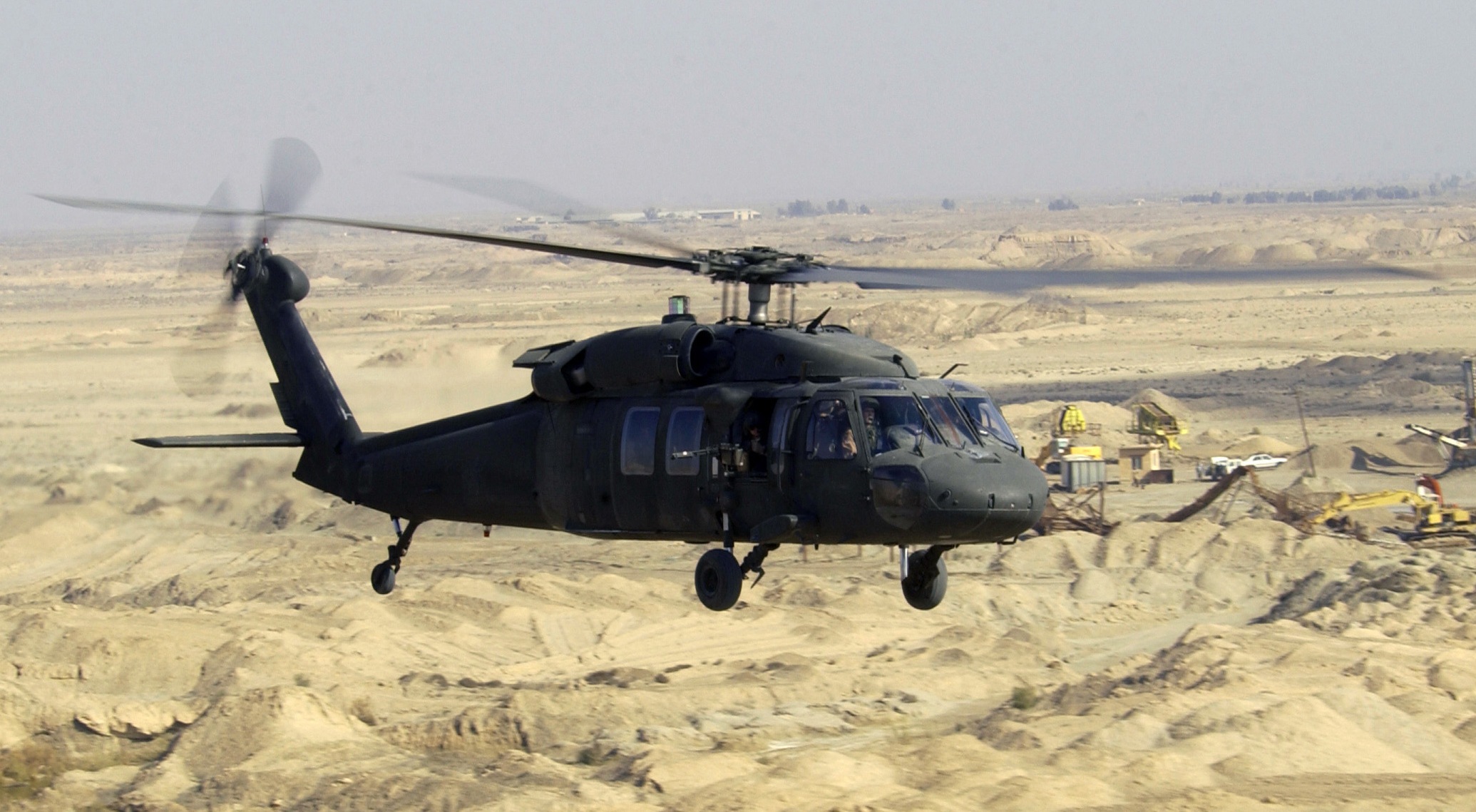UH 60 Technical Specifications and Performance Testimonial
Wiki Article
The Effect of Lasting Practices on the Future of Aircraft Operations and Emissions Decrease
As the aviation market deals with enhancing examination over its environmental influence, the fostering of sustainable techniques emerges as an essential path toward future airplane procedures and emissions decrease. Advancements in sustainable air travel gas and improvements in hybrid propulsion innovations stand at the center of this makeover, appealing considerable reductions in greenhouse gas emissions.
Summary of Sustainable Practices
Sustainable methods in aircraft procedures include a series of approaches focused on decreasing environmental effect while maintaining functional performance. These techniques are necessary in the aeronautics market's dedication to lessening its carbon impact and adhering to international environmental criteria. Key initiatives include optimizing trip paths to lower fuel usage, enhancing upkeep procedures to guarantee aircraft operate at peak effectiveness, and implementing sophisticated modern technologies such as winglets and lightweight products that enhance aerodynamics.
Training and involving team on sustainability techniques also play an essential function, fostering a society of environmental obligation within companies. Overall, the integration of these lasting methods not only assists decrease emissions however additionally enhances the long-term viability of the aviation industry, guaranteeing it satisfies the needs of both clients and regulatory bodies while adding to global sustainability goals.
Ingenious Fuel Alternatives
Countless ingenious fuel options are becoming critical services to minimize the aviation sector's dependence on typical nonrenewable fuel sources. Among these choices, Lasting Air travel Fuels (SAFs) have actually acquired substantial interest due to their potential to reduce lifecycle greenhouse gas emissions by up to 80% contrasted to conventional jet gas. SAFs are originated from various feedstocks, including waste oils, farming deposits, and even algae, making them a functional alternative for the industry.An additional appealing choice is hydrogen fuel, which, when made use of in fuel cells, produces just water vapor as a by-product. In addition, electric propulsion systems are being discovered, leveraging battery innovation to power airplane.
Lastly, biofuels stemmed from biomass are being checked out, supplying a renewable choice that can be mixed with standard gas. Jointly, these ingenious gas choices represent a crucial step towards accomplishing a lasting aviation ecological community, aligning with global emissions decrease targets and boosting the industry's ecological stewardship.
Technical Improvements in Aviation

How can technological improvements reshape the future of aeronautics? Technologies such as electric and hybrid propulsion systems are at the center, encouraging significant decreases in gas intake and greenhouse gas emissions.
Furthermore, the execution of sophisticated products, such as lightweight composites, contributes to improved the rules of aerodynamics and gas effectiveness. The use of synthetic knowledge and artificial intelligence in trip operations maximizes path planning and decreases gas shed by enabling real-time changes based on weather and website traffic conditions. Furthermore, the growth of independent and remotely piloted aircraft systems stands to reinvent freight and guest transportation, possibly boosting efficiency while reducing human error.
Moreover, sustainable aeronautics modern technologies, consisting of sophisticated air website traffic monitoring systems, can improve procedures and decrease blockage, leading to lower exhausts throughout trip. These innovations collectively stand for a paradigm shift in air travel, guaranteeing a future where sustainability and functional efficiency are linked, thus sustaining the sector's commitment to minimizing its ecological impact.

Regulative Structure and Compliance
Due to the expanding focus on environmental stewardship within the aviation field, the regulatory structure regulating airplane procedures is advancing to promote sustainable moved here practices. Governing bodies, such as the International Civil Aviation Organization (ICAO) and different nationwide aeronautics authorities, are presenting rigid guidelines focused on decreasing emissions and improving operational effectiveness.These guidelines usually consist of the fostering of Lasting Aviation Gas (SAF), which has actually been recognized as a crucial element in attaining lower carbon impacts. Compliance with these guidelines calls for airline companies to carry out functional techniques and sophisticated technologies, such as maximized flight paths and improved air web traffic management, to reduce gas these details consumption.
In addition, the enforcement of discharges trading systems and carbon offsetting campaigns is ending up being progressively widespread, compelling airlines to monitor and report their exhausts precisely. Non-compliance can result in substantial charges, therefore pushing drivers to prioritize sustainability in their service versions.
Ultimately, the evolving governing landscape not just drives technology and investment in eco-friendly technologies however additionally cultivates a culture of accountability within the air travel sector. As these structures remain to create, the focus on lasting techniques will certainly be indispensable to attaining the market's long-term environmental goals.
Future Fads in Aircraft Workflow
As the aviation industry adapts to a progressively rigid regulative setting, future patterns in airplane operations are set to concentrate on cutting-edge options that better enhance sustainability and effectiveness - uh 60. Trick developments will likely consist of the fostering of innovative air web traffic administration systems, which utilize real-time information and expert system to optimize trip courses, reducing gas consumption and dischargesOne more substantial trend is the raised integration of sustainable aviation fuels (SAFs) These alternatives to conventional jet fuel, derived from sustainable sources, can dramatically lower lifecycle greenhouse gas exhausts. The industry's dedication to SAFs will likely increase as airline companies team up with gas producers to guarantee availability and cost-effectiveness.
In addition, the push towards electrification and crossbreed propulsion systems is obtaining momentum. Emerging airplane designs will certainly include these modern technologies, providing quieter and much more reliable procedures, particularly for short-haul trips.
Verdict
The fostering of lasting aviation gas, paired with innovations in electric and hybrid propulsion systems, is important for reducing lifecycle greenhouse gas discharges. Optimizing flight courses and accepting ingenious technologies add to a quieter and a lot more eco pleasant aeronautics industry.
Full Report Innovations in sustainable aeronautics fuels and improvements in hybrid propulsion innovations stand at the leading edge of this makeover, promising considerable decreases in greenhouse gas discharges.Various innovative gas choices are emerging as essential options to reduce the aeronautics market's reliance on traditional fossil gas - uh 60. Among these alternatives, Lasting Air travel Gas (SAFs) have acquired significant interest due to their potential to lower lifecycle greenhouse gas discharges by up to 80% contrasted to conventional jet fuels.One more significant fad is the increased integration of lasting aeronautics gas (SAFs) The adoption of lasting air travel fuels, coupled with developments in hybrid and electrical propulsion systems, is necessary for reducing lifecycle greenhouse gas exhausts
Report this wiki page